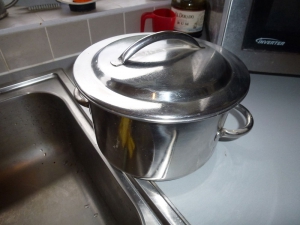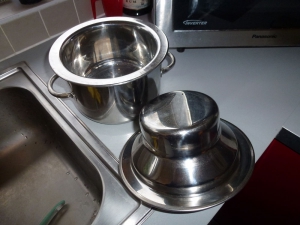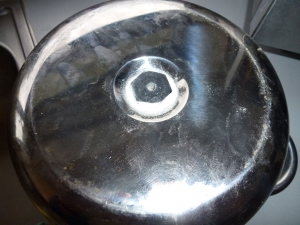It’s strange coming back a day after the storm that hit the UK and hearing on the German news how the same storm is described here.
In the UK the reference to wind speeds seemed more common, but on German TV I heard about 12 on the Beaufort scale. In the UK the storm, originally ‘probably the worst storm since the 1987 storm’, became ‘the St. Jude’s Day storm’, whereas in Germany it was ‘Orkantief Christian’.
The Daily Telegraph remarks that in the UK we don’t name storms:
Laura Young of the Met Office said it wasn’t them. “We don’t actually know where it has come from,” she said. “We don’t name storms in the UK. It could have been Americans who named it and it was reported. Or it could be someone here saw that it was St Jude’s day and decided to name it that.” Traditionally, our storms only merit a name once we have seen the damage they have caused, not before.
LATER NOTE: I forgot the most important thing: the German reports kept showing people whose houses and cars had been damaged by falling trees and saying whether they were insured and exactly how many thousand euros’ damage had been caused. In fact, practically every report on a road traffic accident in Germany is accompanied by an immediate and precise account of the financial loss. How do they know that? I’ve never heard it in the UK.



